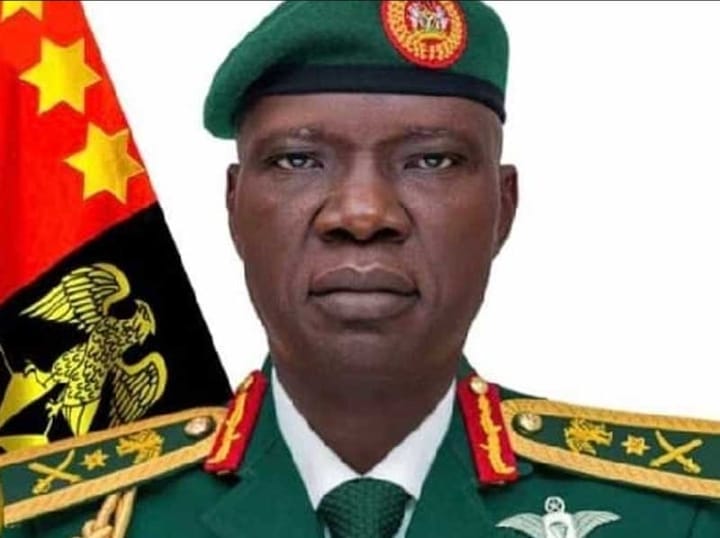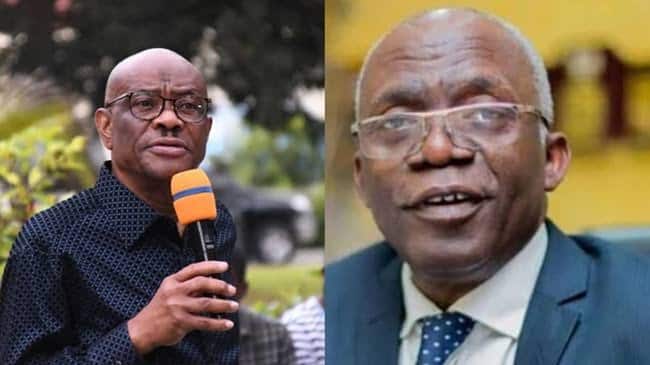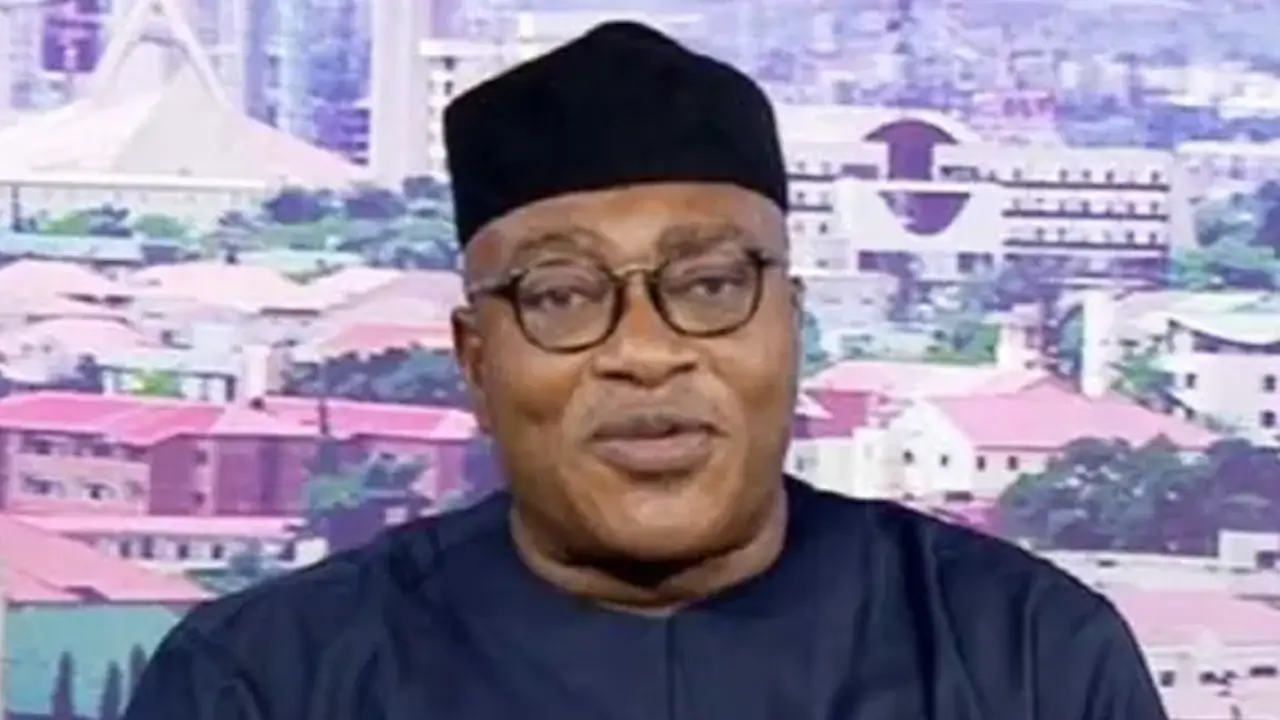A former Chairman of the National Human Rights Commission, Prof. Chidi Odinkalu, has said that the chances of restructuring the country under President Bola Tinubu’s administration are slim.
Odinkalu noted that owing to the “mechanics of presidentialism,” it remains unlikely that a sitting president would champion the devolution of more powers to the federating units.
The former NHRC boss said this on Friday when he was featured as a guest on Inside Sources with Laolu Akande, a sociocultural programme of Channels Television.
“President Tinubu is now seeing Nigeria from the centre, not from the circumference. I’ve lived in Lagos for clearly 40 years and I have tried to tell my friends that Lagos is not Nigeria; Lagos is Lagos. And I say this as a full-time Lagosian. Lagos is not Nigeria. All that he was talking about is different when you are the President.
“So, the idea that Tinubu is going to come to the job with an idea of restructuring is not likely to fly. The mechanics of presidentialism make it unlikely that an incumbent President is going to advocate the cannibalisation of that power. Even if the president were to be enthusiastic about that, the presidential team, many of whom would lose relevance, would slow the workings.
“So, you are going to have two levels of resistance – one from the occupant of the office himself but more also from the people around him who don’t have an interest in seeing that happen. So, the redesign of Nigeria from the centre is going to be very difficult,” Odinkalu said.
In his remarks about a new constitution, the human rights activist noted that Nigeria rather needs what he termed a “constitutional settlement.”
He said this would ensure Nigerians discuss “the things that matter and bind us together, the things we want and wish to have.”
Odinkalu stated, “I am not of the idea that we need a new constitution. What we need is a constitutional settlement. A constitution is a text, anyone can write it…A constitutional settlement precedes a constitution and we have never really had one; the closest we came to one was in 1971…but the military stepped in.
“We need a constitutional settlement to precede a constitution; to say, all of us in Nigeria, communities, ethnicities, whosoever we are, we discuss the things that matter and bind us together, the things we want and wish to have, and you guys should make a constitution of it.”
Recall that Nobel laureate Wole Soyinka, while delivering a public lecture in celebration of the 50th anniversary of PUNCH Nigeria Limited in late February 2024, maintained that decentralisation would be essential to address hunger and lack of productivity among the citizenry.
He said some politicians were afraid of restructuring as they interpreted it to mean the dissolution of the country; hence, he preferred to use expressions like reconfiguration and decentralisation instead of restructuring.
Soyinka said, “We speak about food hunger because it is real. But palliatives are temporary stop-gap policies. They do not reach the heart of the problem. This is why we need to decentralise development as massively as possible.
“To anticipate accustomed banal responses, let me state quite clearly that no one has ever claimed that decentralisation – a precise word I personally prefer – will end hunger in the land or terminate religious conflicts and other forms of national malaise, no. We simply insist that this is central to the incomplete mission of nation-being. It is essential to activities of basic existence such as food production, and access to such products.”
He noted that decentralisation will enable the government to “come closer to the people and productivity can be manifested,” adding that “it is about time leaders stopped taking this nation for a ride.”
The significance of the country’s restructuring was also stressed by Ohanaeze Ndigbo Worldwide and the pan-Yoruba socio-political organisation, Afenifere.
Both groups noted that restructuring would drive the nation’s security, economic, and social developments.

 3 months ago
7
3 months ago
7















 English (US) ·
English (US) ·